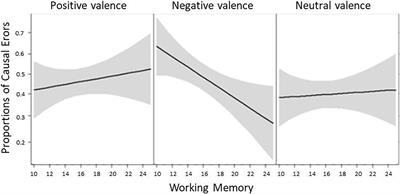ORIGINAL RESEARCH
Published on 21 Mar 2022
Novel Approaches and Cognitive Neuroscience Perspectives on False Memory and Deception
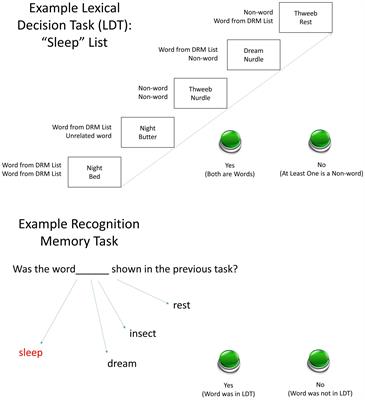
doi 10.3389/fpsyg.2022.721961
- 4,353 views
- 4 citations
19k
Total downloads
120k
Total views and downloads
ORIGINAL RESEARCH
Published on 21 Mar 2022

SYSTEMATIC REVIEW
Published on 03 Dec 2021
ORIGINAL RESEARCH
Published on 23 Nov 2021
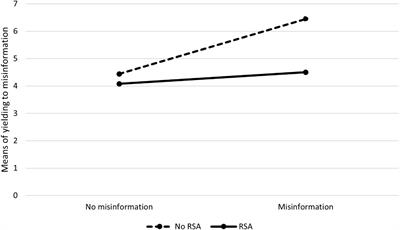
ORIGINAL RESEARCH
Published on 15 Oct 2021
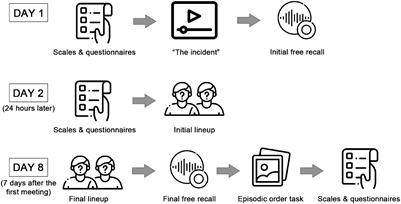
ORIGINAL RESEARCH
Published on 28 Sep 2021

ORIGINAL RESEARCH
Published on 23 Sep 2021
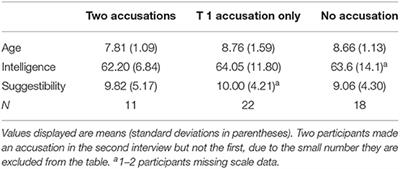
ORIGINAL RESEARCH
Published on 17 Sep 2021

ORIGINAL RESEARCH
Published on 13 Sep 2021
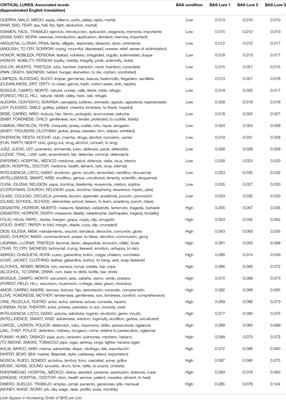
BRIEF RESEARCH REPORT
Published on 13 Sep 2021
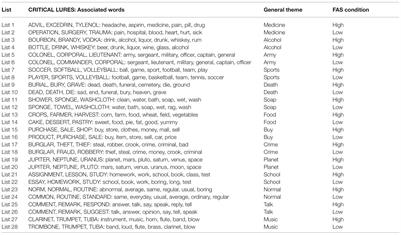
ORIGINAL RESEARCH
Published on 20 Aug 2021

ORIGINAL RESEARCH
Published on 20 Aug 2021

BRIEF RESEARCH REPORT
Published on 18 Aug 2021
